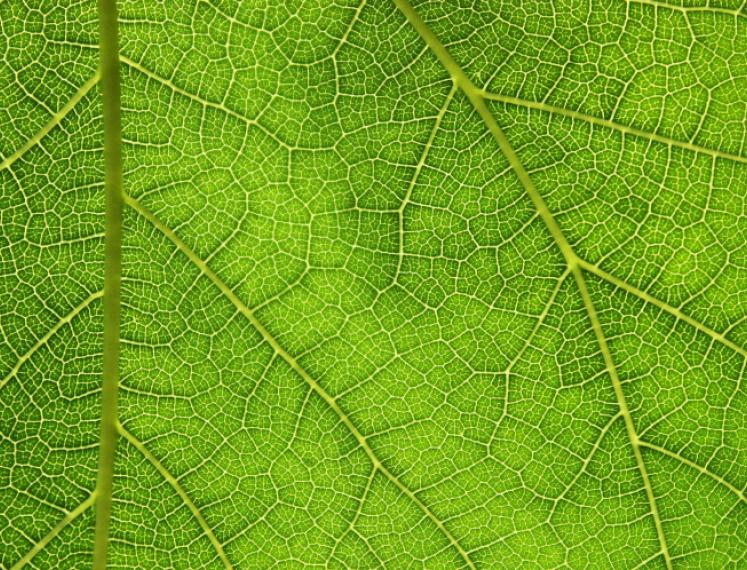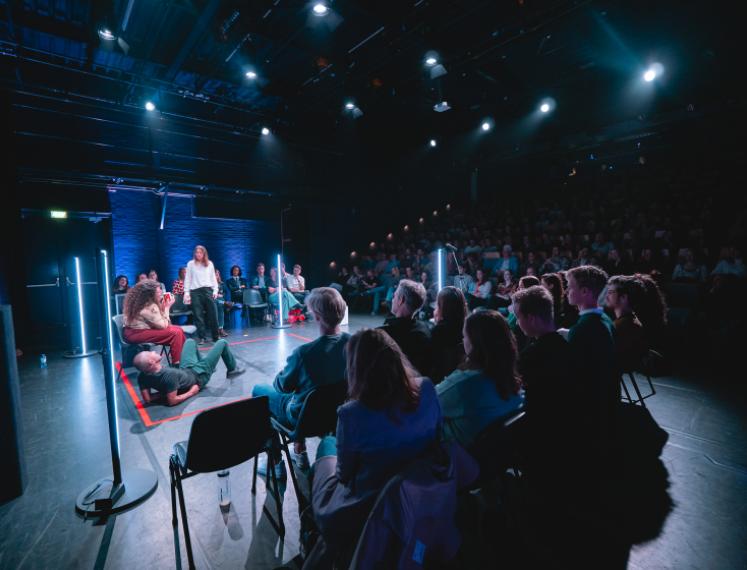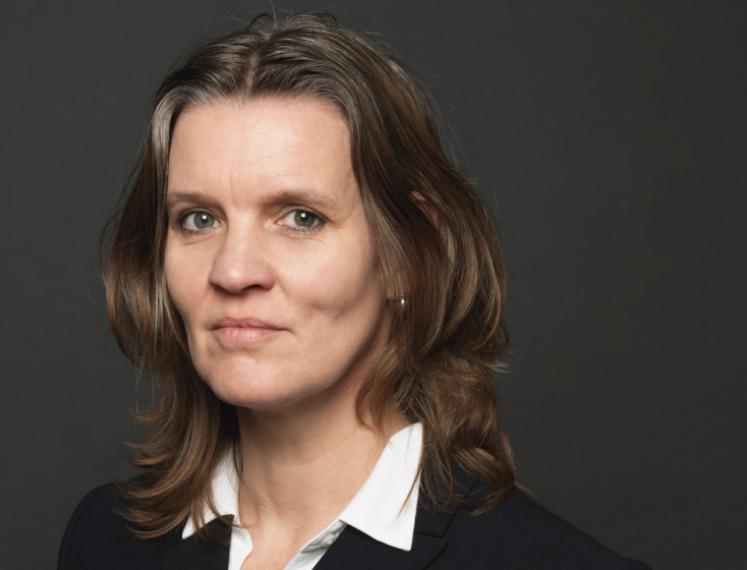
Februari 2021
Heb je je wel eens afgevraagd hoe het is om een ander dier te zijn? Of een plant of bacterie? Zou je bewustzijn hebben of intelligent zijn? Ben je dan in staat om de wereld om je heen op te nemen en met anderen te communiceren? Wat kunnen we leren van innovaties uit de natuur bij technologische ontwikkelingen en het ontwerpen van nieuwe materialen? Dit en meer in februari.
Have you ever wondered what it would be like to be another animal? Or a plant? A bacterium? Would you be conscious? Intelligent? Would you be able to sense the world around you? Communicate with others? What can we learn from nature’s innovations in developing technical solutions and designing new materials? This and more in February.
2 | What Is It Like to Be…an Octopus? - Peter Godfrey-Smith (online)
More info & free registration
9 | What Is It Like to Be…a Plant - Monica Gagliano (online)
More info & free registration
11 | Kenniscafé | Afkijken van de natuur - Marleen Kamperman, Eize Stamhuis e.a.
Meer informatie
16 | What Is It Like to Be…an Insect? - Lars Chittka (online)
More info & free registration
18 | Groninger Wetenschapsquiz - Anna Gimbrère, Ben Feringa e.a. (livestream)
More info & free registration


